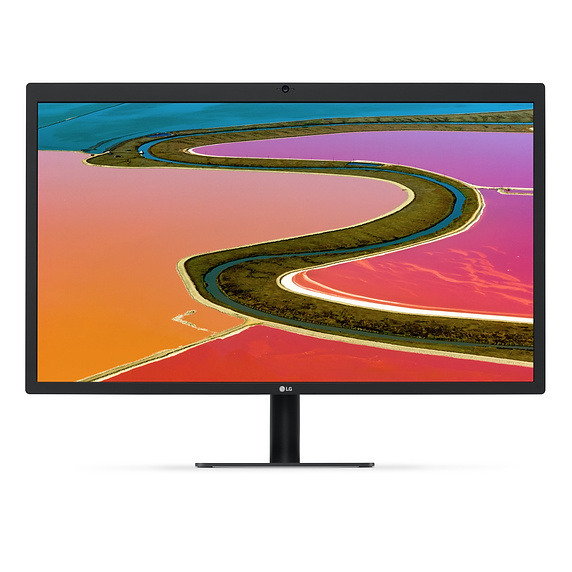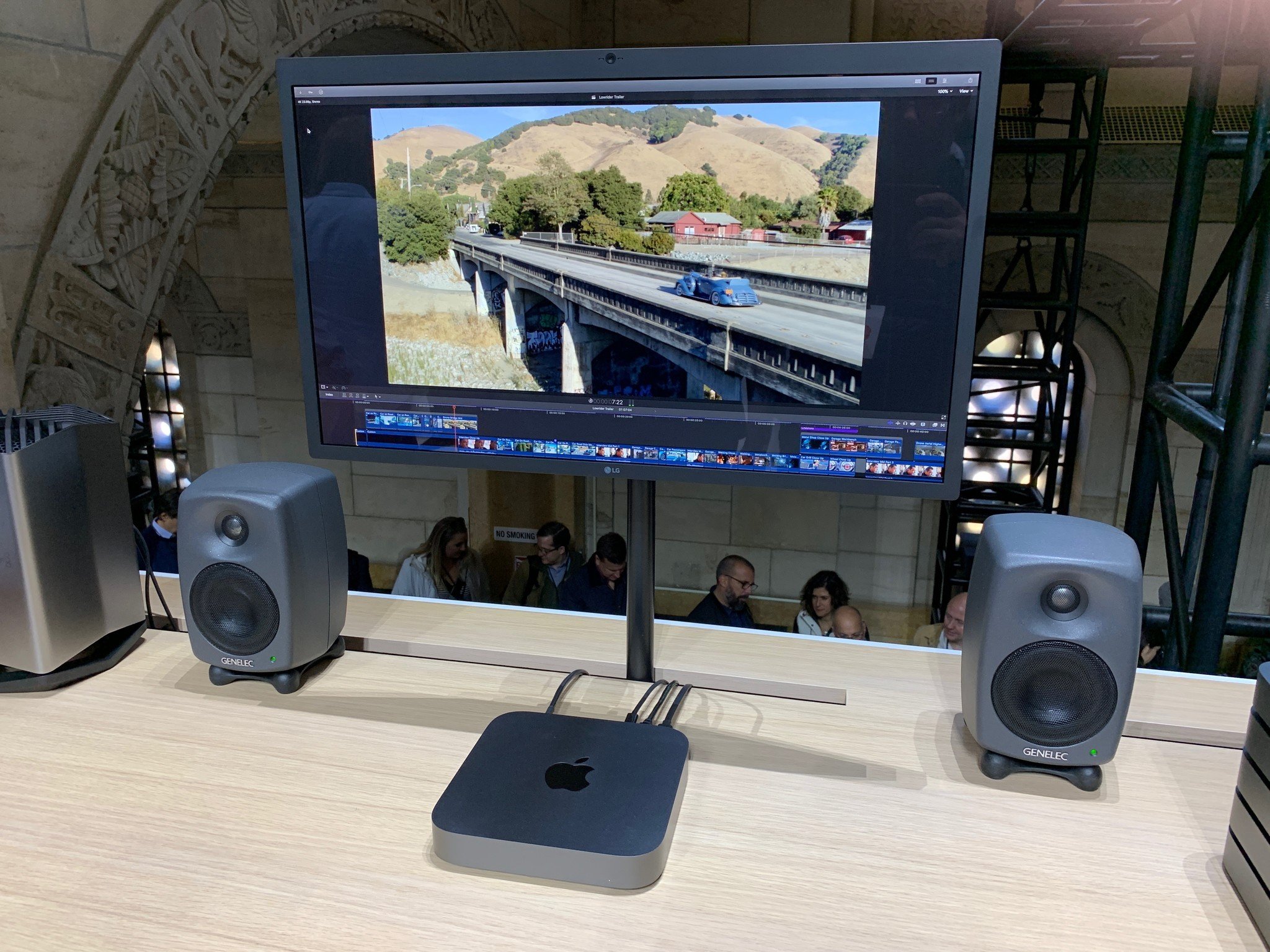
I still have the XP/BeOS(dualboot) & eCom/linux(dualboot) machines running. The OSes I mainly used before the switch- XP, Fedora Core, OS/2-eComStation, BeOS/ZETA.
GATEWAY MONITORS FOR APPLE MAC MINI 2012 MAC
Mine was made easy by #1 good deal on a Mac to test the waters with, and #2 using apps that already exist elsewhere. I’ll bleed my machines dry before upgrading.īut in response, I realise I’m not the “common” user, but there are people who have switched. I never keep up, as I don’t prefer the bleeding edge. Product cycles have never bothered me per se. When the iMac arrives though, I’ll be switching to FinalCut Pro.
GATEWAY MONITORS FOR APPLE MAC MINI 2012 PC
I’d say the HD is more a factor, as my PC has 300GB of HD space on 7200 & 10k drives. I haven’t moved all of my editing over (I use Sony Vegas in XP atm) as this machine isn’t powerful enough I’d say (G4 1 Ghz, 1GB RAM, slower 80GB HD). I like the fact I’ll be able to video edit a tad better than my current editing machine. It has most of the apps I used before (Firefox, Komodo, Dreamweaver, Photoshop) and good replacements for other things I’ve used (like I use iRatchet now instead of Quickbooks), with great integration across the board (mail, iCal, Address book). Installed the OS, and have been enjoying it ever since.Īs a business owner, I’ve moved to the platform. I was given a pile of 5 dead powerbook G4s, and built an great working machine out of them.

Since the Macbook is largely competing with these consumer machines, the lack of Core 2 at the moment isn’t even an issue.Īctually, I switched to a Mac for precicely that reason- I was given a good deal on one. If you go to CompUSA or BestBuy or CircuitCity, there’s only one notebook with Core 2 (a Sony model). Core 2 has little penetration in the market right now anyway. In any case, it’s something of a moot argument. It was the years with the same processor in the PPC era that made people not want to buy Macs. A month or two delay probably won’t put anybody off.

They key thing Apple has to do is to keep its product cycle short enough that the delay doesn’t keep people from wanting to purchase a Mac. If you’re a business user, well, then you’re not buying Apple anyway. If you’re just looking for a home machine, then Core 1 vs Core 2 probably doesn’t mean much to you anyway. If you’re a professional, you can plan your purchasing around updates. Hence, most people who buy a Mac do so because they want a Mac.* It’s not like anybody decides to switch to a completely different platform just because they got a good deal on a machine! For somebody who wants a Mac, dealing with Apple’s slower product cycle probably isn’t a problem. To buy a Mac, you’ve got to purposefully go to the Apple-corner of a CompUSA, or trudge down to an Apple Store. Apple machines aren’t even displayed alongside other notebooks, and most computer stores don’t even carry them. However, that’s not really true of Apple. If an HP notebook with a Core 1 is next to a Sony notebook with a Core 2, comparison shoppers will pick the Sony notebook. You’ve got to consider the differences between, say, HP, and Apple.


 0 kommentar(er)
0 kommentar(er)
